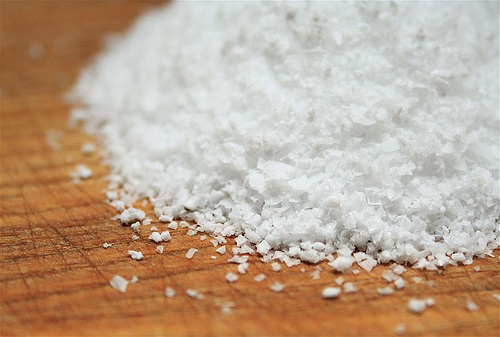In a gathering I attended, each person was to answer this question for fun: if you were to be like one particular thing, what would that be and why?
I was unsure what to answer, and thus glad that my turn came almost toward the end. After pondering, I finally answered that I wish to be like salt. Salt has certain characteristic traits found in the kind of person I wish to become. And ever since that gathering, I have been able to learn more of the other uses of salt.
 First, salt causes a thirst. I’d like my conversation to cause others to thirst for God. I wish to help others realize their need for the Living Water—Jesus Christ. Continue reading “Ways in Which I Want to be Like Salt”
First, salt causes a thirst. I’d like my conversation to cause others to thirst for God. I wish to help others realize their need for the Living Water—Jesus Christ. Continue reading “Ways in Which I Want to be Like Salt”


